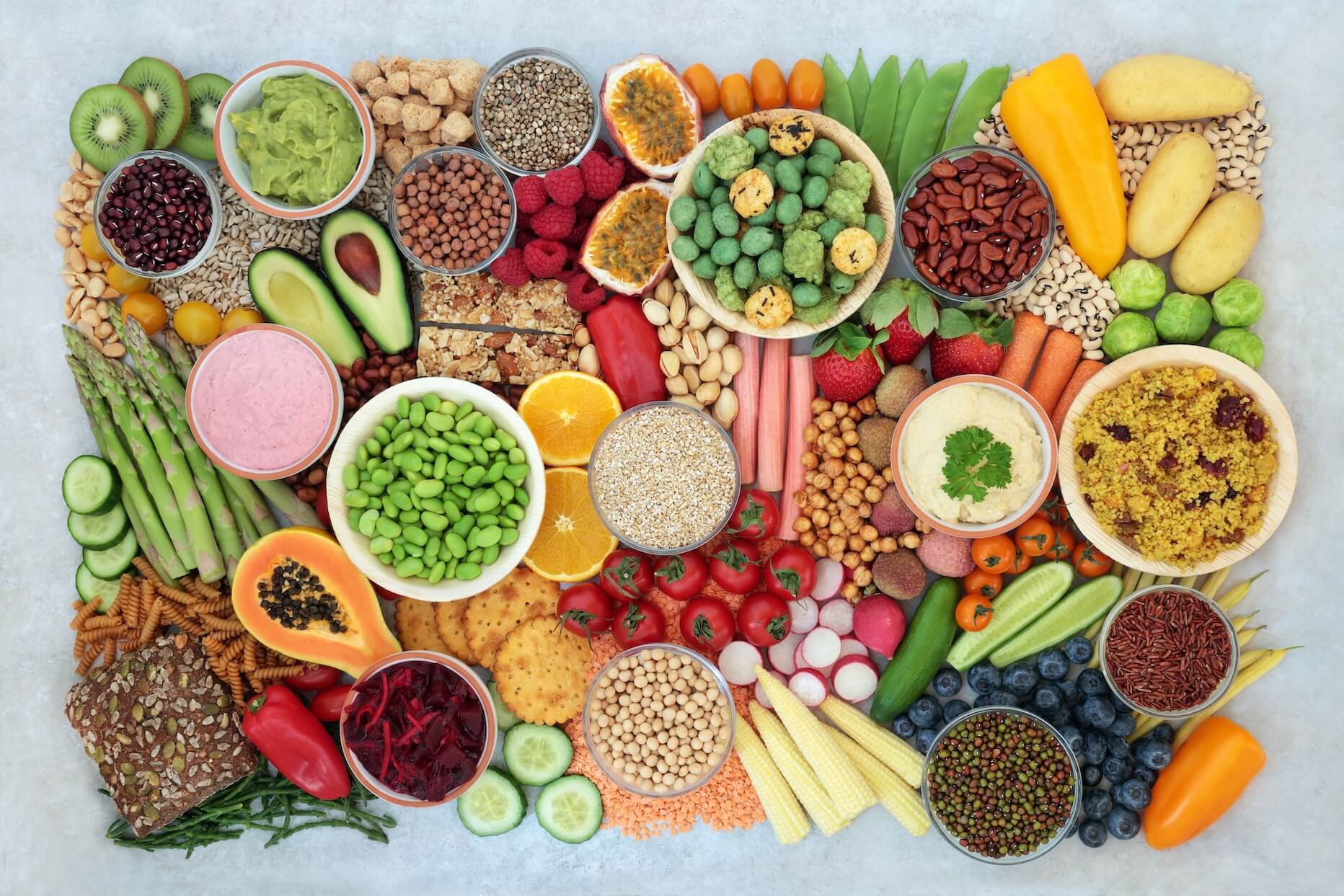
The Scientific Report of the 2025 Dietary Guidelines Advisory Committee emphasizes vegetables, fruits, whole grains, plant-based protein sources, and seafood, lending strong support to culturally responsive nutrition interventions. However, when it comes to ultra-processed foods, the committee did not have strong recommendations one way or the other. What does this mean for health?
What is an Ultra-Processed Food?
Ultra-processed foods are a sweeping category that includes nearly every type of food group under the sun, from 100% whole grain bread and low-sodium bean soup to candy bars and soda.
By definition, ultra-processed foods are industrially produced foods that contain added fats, sugars, starches, stabilizers, flavor enhancers, and/or food additives. Numerous studies have linked ultra-processed foods with adverse health outcomes like hypertension and diabetes, as foods processed to include excess amounts of salt, sugar, and added fats are less healthy than foods closer to nature.
What headlines fail to mention, however, is that not all ultra-processed foods are high in sugar, salt or fat. Some foods, like hummus, whole wheat pita, frozen salmon burgers, or muesli, have added salts or preservatives to maintain shelf-life, but offer a huge nutritional payoff. Additionally, simply sticking with unprocessed and minimally-processed foods is not enough to ensure a healthy diet, and may rob individuals of overlooked yet valuable sources of nutrition.
In a 2023 study, government nutrition scientists developed a 7-day menu designed to meet nutritional needs, of which 91% of the calories were from (healthy) ultra-processed foods. The menu included all sorts of foods that dietitians and doctors recommend reaching for, such as whole wheat English muffins, pasta with marinara sauce, and salad with salad dressing.
The authors of the study concluded that “healthy dietary patterns can include most of their energy from [ultra-processed foods], still receive a high diet quality score, and contain adequate amounts of most macro- and micronutrients.” For the vast majority of Americans, a diet such as the one in this study would be a huge step in the right direction for reducing diet-related disease.
Nutrient-Dense Processed Foods Help Fill a Public Health Need
Public health change rarely happens overnight. When it comes to improving nutrition, we need to leverage every tool in our toolbox. Ultra-processed foods that contain essential food groups like fruits, vegetables, whole grains, and legumes can be important “bridge foods” as people embark on the journey to better health.
Avoiding all ultra-processed food isn’t a magic bullet to eliminate diet-related disease. Ultra-processed foods like infant formula, whole grain breads, and fortified cereals are an important part of nutrition assistance programs like WIC, providing valuable nutrition to vulnerable populations.
Vilifying all ultra-processed foods under all circumstances places an unnecessary stigma on families who rely on specially formulated products due to food allergies, breast milk production issues, or food insecurity. Instead, nutrition professionals should meet their patients and clients where they are, and work together to help individuals embrace more and more minimally-processed foods, emphasizing diet quality, ingredients, and nutrition rather than processing alone.
Building Culinary Literacy to Reduce Reliance on Ultra-Processed Foods
Building basic cooking skills is an important first step for anyone who wants to reduce their reliance on ultra-processed foods. After all, a farm-fresh bundle of kale is of no use if someone doesn’t know how to prepare it.
A Taste of African Heritage and A Taste of Latin American Heritage are 6-week cooking and nutrition programs that are centered on healthy, minimally-processed foods and their cultural, historical, and nutritional significance. These programs have been taught in more than 100 communities around the country over the past decade. Heritage diets are a great blueprint for how our ancestors nourished themselves before the advent of ultra-processed foods.
As people move away from their traditional foods and towards a Western diet of ultra-processed foods, the risk for diet related disease increases. To help combat this shift, research published in Advances in Nutrition emphasizes the power of traditional diets to promote personal and community health.
Rather than stress over if something is ultra-processed or not, do the best you can with what you have. If you have a relaxed week with the time and energy to cook meals from scratch using farmers market produce, that’s a great place to be. And if you are running from one commitment to the next with hardly time to stop for a bite, and are able to grab a frozen quinoa bowl with black beans, vegetables, and salsa, that is also a great place to be.
Nutritious food can be found across every level of the processing spectrum. By turning our attention from vilification of food choices to supporting greater access and continued reformulation and innovation, the healthier we all will be.






Leave a comment